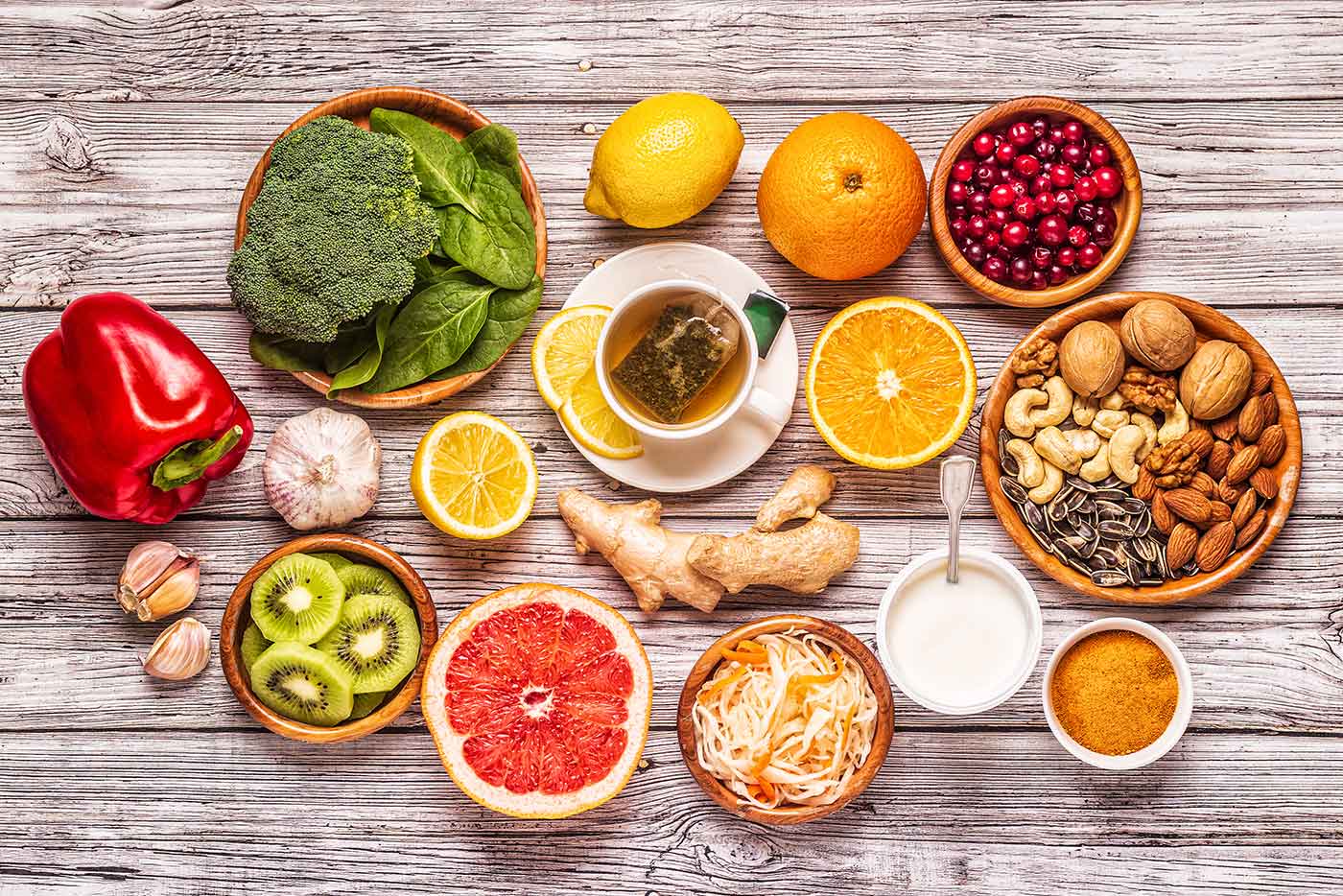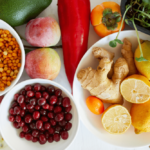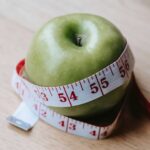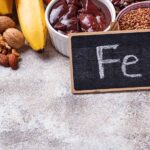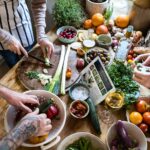Veganism is a great step towards creating a better world. But are you concerned about getting your daily dose of nutrients while saving the planet? Well, believe it or not, it is entirely possible to stay healthy while following a vegan diet!
Why You May Choose To Be Vegan
Our world today faces high levels of animal cruelty and abuse, natural disasters caused by climate change, and new forms of diseases arising every day. Going vegan can help provide a solution to some of these problems while improving your health overall, which is why it is a popular lifestyle choice among many. It encourages humans to be less destructive to animals and reduce our environmental footprint. Furthermore, it is a great opportunity to understand your nutrition more and expand your cooking and taste buds.
The Importance of a Balanced Diet
While veganism can be great for the environment, it is also important to maintain a balanced diet while you fight to save the world.
- A healthy and balanced diet supports normal growth and development in children. It is also greatly beneficial in the long run as we age.
- Several studies show that those who maintain a balanced diet are less at the risk for chronic heart disease and Type 2 diabetes.
- A good diet also improves your quality of life one step at a time. Those who follow a balanced diet are more likely to have higher amounts of energy and just generally feel a lot better overall.
- A healthy diet also helps maintain a healthy body weight.
- It also boosts one’s immunity and helps protect the body against infections.
- A balanced diet helps keep your bones and teeth strong, while also reducing the risk of osteoporosis and other bone-related issues when you’re older.
- A good diet, while improving your physical health, can also have an impact on your mental health. Studies show that healthy eating habits can help minimise the risk of mental health conditions, such as depression.
- Getting adequate nutrition also decreases the risk of serious health issues like cancer.
- Your quality of sleep can also improve when you’re eating well.
Tips for a Balanced Vegan Diet
It’s not that hard to maintain a healthy diet as a vegan. In fact you can get all the nutrients you need by having a varied and balanced diet.
- Make sure to eat at least 5 portions of fruit and vegetables every day. Have a variety of food to ensure you get all the necessary nutrients.
- For your base meals, stick to potatoes, bread, rice, pasta or other forms of starchy carbohydrates. Wherever possible, pick the wholegrain option as a healthier alternative.
- As a vegan diet does not include dairy, go for alternatives such as soya drinks and non-dairy yoghurts.
- Beans and pulses are great low-fat sources of protein, fibre and minerals.
- Wherever possible, choose unsaturated oils and spreads, and try to consume these in smaller amounts.
- Don’t forget to stay hydrated and drink at least 6 to 8 cups or glasses of water a day.
- If you plan to eat foods and drinks that are high in fat, salt or sugar, limit how often you consume them and have them in small amounts.
Having a varied diet can ensure you get all the necessary nutrients such as calcium, vitamin D, iron, vitamin B12 and omega 3 fatty acids. You can use supplements to help boost your intake, however, always aim to get the maximum amount of nutrients from your diet.
Nutrient-Rich Vegan Alternatives
Non-vegans normally get most of their nutrients from meat and dairy. However, there are several vegan alternatives for these, including:
Iron
Iron is essential for the production of red blood cells in our body. Some great vegan sources of iron include pulses; wholemeal bread; iron-rich breakfast cereals; nuts; dark green leafy vegetables like spinach, watercress and broccoli; and dried fruits like apricots, prunes and figs.
Calcium
Calcium is vital for healthy teeth and bones. Vegan options for your daily dose of calcium include green leafy vegetables like broccoli, cabbage and okra; fortified unsweetened soya, rice and oat drinks; calcium-set tofu; sesame seeds and tahini; pulses; brown and white bread; and dried fruit like as raisins, prunes, figs and apricots.
Vitamin D
Our body requires healthy levels of vitamin D to regulate the amount of calcium and phosphate. This in turn keeps our bones, teeth and muscles healthy. Vegan sources of vitamin D include fortified fat spreads, breakfast cereals and unsweetened soya drinks with added vitamin D. Along with a healthy and balanced diet, good exposure to sunlight and supplements can help increase the amount of vitamin D in your body.
Vitamin B12
For toxin-free blood and a healthy nervous system, the body needs a good supply of vitamin B12. Breakfast cereals, unsweetened soya drinks and yeast extract like Marmite can be fortified with B12, making them great for vegans.
Omega 3 Fatty Acids
These are great for maintaining a healthy heart and reducing the risk of heart disease. Vegan sources of omega 3 fatty acids include walnuts, flaxseed (linseed) oil, rapeseed oil, soya oil, and soya-based foods such as tofu.
Being vegan is a great lifestyle choice for anyone who wants to help make the world a better place or just improve their quality of life. If you decide to go vegan, make sure to get all your nutrients and stay healthy in the process!
